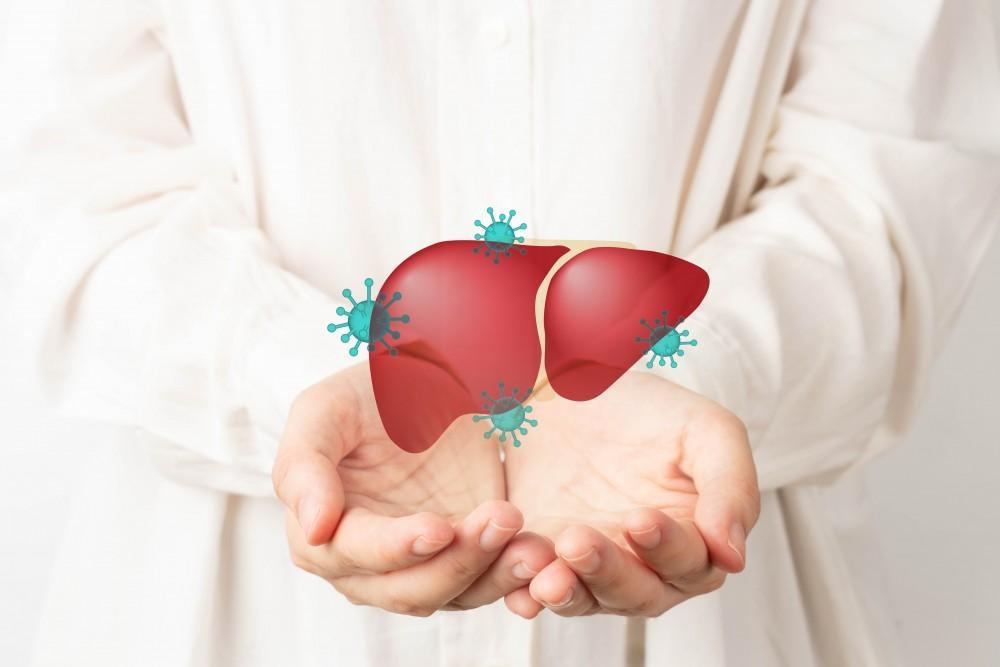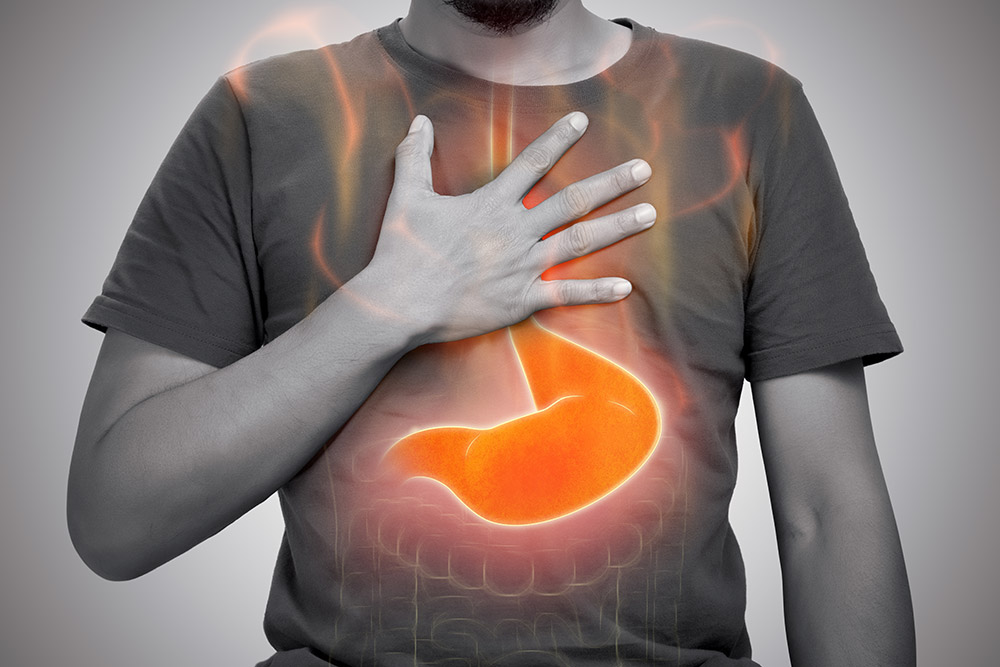What Is Dyspepsia?
Dyspepsia, also called indigestion, is discomfort or pain in the upper abdomen often described as pressure, burning, or bloating usually occurring after meals. When no structural cause is found on testing, it's termed functional dyspepsia (ICD-10 code K30).
Common Causes and Risk Factors
- Eating large or high-fat meals
- Stress, anxiety or poor sleep quality
- Smoking, alcohol or excess caffeine intake
- Certain medications (NSAIDs, antibiotics)
- H. pylori infection
- GERD (acid reflux)
- Family history of digestive disorders
- Age over 50 and/or being overweight
Signs and Symptoms
- Bloating or a sense of fullness
- Upper abdominal pain or burning
- Feeling full quickly during a meal (early satiety)
- Nausea or frequent burping
- Reduced appetite
- Occasional spread of discomfort to the back
How Dr. Rishi Diagnoses Dyspepsia?
Dr. Rishi Chadha uses a step-by-step approach:
Medical History & Physical Exam
He reviews your eating patterns, stress levels, sleep quality and detailed symptom history, then performs a focused abdominal exam.
Blood Work
Checks for anemia and screens for H. pylori infection, thyroid function and basic metabolic panels to rule out other causes.
Upper Endoscopy (EGD)
An endoscope visualizes the esophagus, stomach and duodenum to detect inflammation, ulcers or other structural issues.
Imaging Studies
- Abdominal ultrasound to evaluate liver, gallbladder and pancreas.
- CT scan if more detailed cross-sectional imaging is required.
Gastric Emptying Study
Measures how quickly food moves through your stomach to identify delayed gastric emptying (gastroparesis).
Frequently Asked Questions
What is the ICD-10 code for dyspepsia?
The code is K30, used for both functional and general dyspepsia.
Can dyspepsia cause ulcers?
Yes. Ongoing acid irritation from untreated dyspepsia can lead to ulcers.
How long until I feel better?
Most patients notice improvement within 2 to 4 weeks after starting lifestyle changes and treatment.
Will I need an endoscopy?
Endoscopy is recommended if you're over 55 or have red flags like weight loss, bleeding, or severe pain.
What is functional dyspepsia?
It's indigestion with symptoms but no visible damage on tests like endoscopy.
Can dyspepsia cause back pain?
Rarely discomfort may radiate to the back. Dr. Chadha will rule out other causes first.
Are natural remedies helpful?
Yes. Ginger, chamomile tea, and small, frequent meals often ease symptoms.
Will I need long-term medication?
Some patients use meds short-term; others benefit from a longer plan depending on severity.
Does stress make dyspepsia worse?
Absolutely. Stress can trigger or worsen symptoms, so stress management is key.
How is dyspepsia different from acid reflux?
Dyspepsia is upper-abdominal discomfort, while reflux involves heartburn and esophageal irritation. Dr. Chadha will evaluate you to distinguish them.











